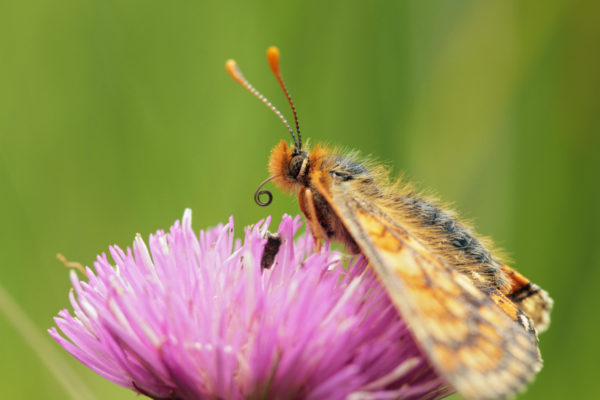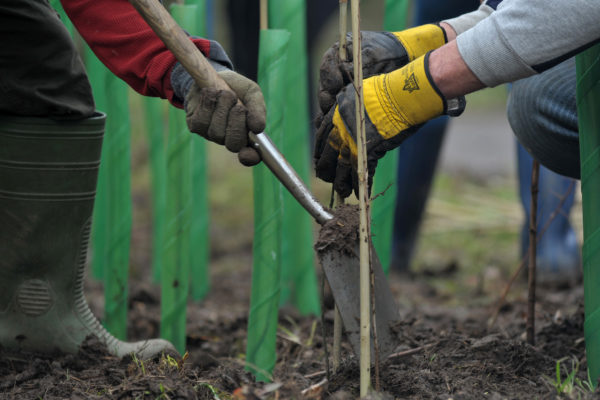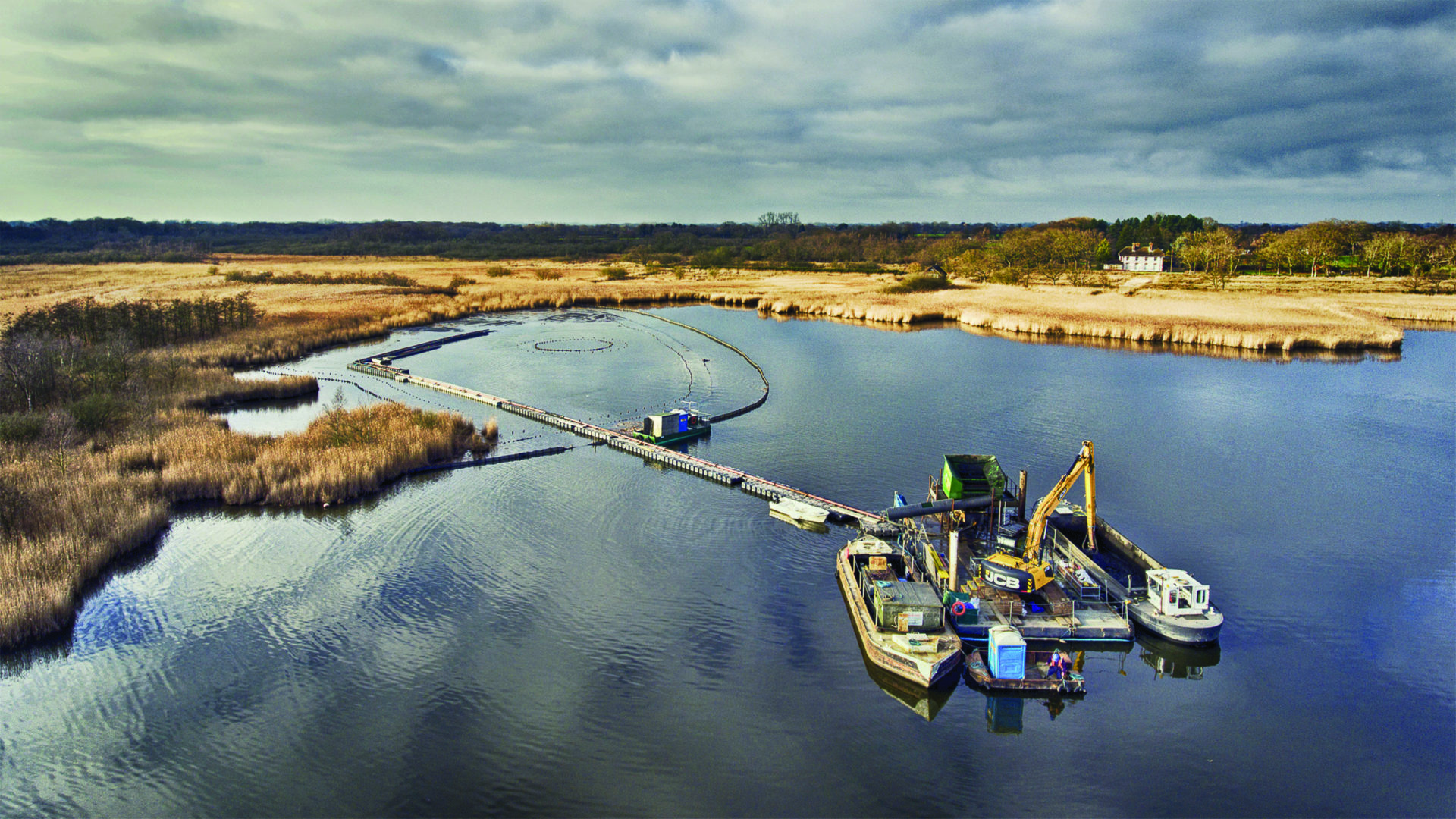
Recover With Nature
Innovation Engines for a Green Recovery
Incremental change is no longer an option. We need approaches that will shift things by an order of magnitude x10, x100, x1000. As a consequence, we have re-examined how National Parks deliver their statutory purposes to identify how we can also deliver this type of change at scale. We see our collective role as this: to be Innovation Engines for a Green Recovery. We are working together – and with other partners – to create large scale projects that test new approaches to generating sustainable growth in the wellbeing of people, landscapes, nature, culture, social institutions and the economy.
Recover with nature
Although our Green Recovery projects span a variety of issues and disciplines – from sustainable transport to mental health – they all have the same mechanism for how they deliver value. We call them Recover With Nature projects. Recover With Nature projects grow wellbeing through doing the right thing by nature. Traditional economic models for a green recovery tend to be designed in times of plenty and get side-lined when economic times get tough because they are viewed as having a net economic or social cost. Recover With Nature projects don’t see caring for nature as a cost, instead they use different approaches, new science and technology to care for nature and in so doing increase economic, social and personal wellbeing. They multiply value, creating a win-win.
Join us
Below are some examples of our Recover With Nature projects. These are collaborative efforts, to deliver at scale. That might be collaboration between different National Parks but will also in the majority of cases mean collaboration with other organisations: government agencies, non-governmental organisations (NGOs), the private sector and landowners. So if you would like to get involved in any of these projects or to suggest other projects that we might get behind to add to this list, then please get in touch directly via the email addresses below or through the CEO of your nearest National Park.
Recover With Nature projects fall into two categories: Environmental Recovery Projects and Social Recovery Projects.
Environmental Recovery Projects
Environmental Recovery Projects explore new means to care for and work with nature that also reduce carbon emissions and create new economic models.

Net Zero With Nature
Net Zero With Nature (NZWN) is the UK National Parks strategy for the fight against the climate emergency and biodiversity crisis. It includes plans to secure at least £239 million of additional funding to restore and protect forests, wetlands, meadows and peatlands within National Parks and surrounding areas. The 15 UK National Parks have made clear commitments on climate change and biodiversity goals and NZWN also describes how we will inspire and help our communities, visitors and UK plc to identify and commit to their own ambitions in this vital effort.
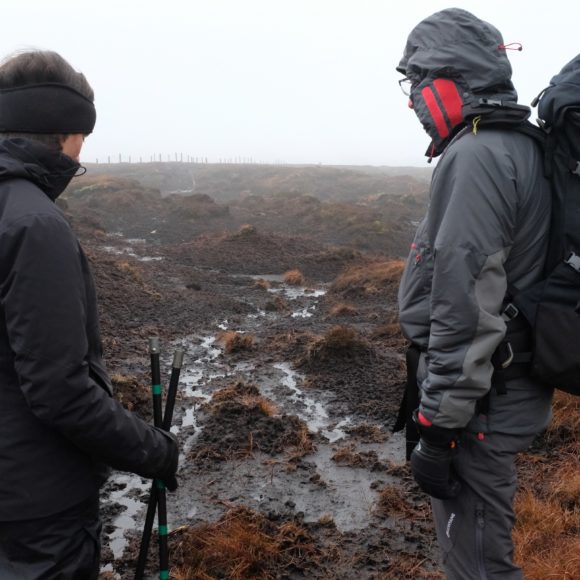
The Great North Bog
The Great North Bog is a peatland restoration project that covers 7,000 square kilometres. Peatland is the UK’s rainforest – a key asset in tackling the climate emergency. This 20-year project – including four National Parks, three Areas of Outstanding Natural Beauty and the proposed South Pennines Park – will vastly improve the UK’s ability to sequester carbon and enhance biodiversity. It will also reduce flood risk in the surrounding communities – helping tackle the symptoms of climate change as well as the cause. It will even improve the quality of drinking water whilst reducing the costs of supplying it.
Find out more: info@greatnorthbog.org.uk
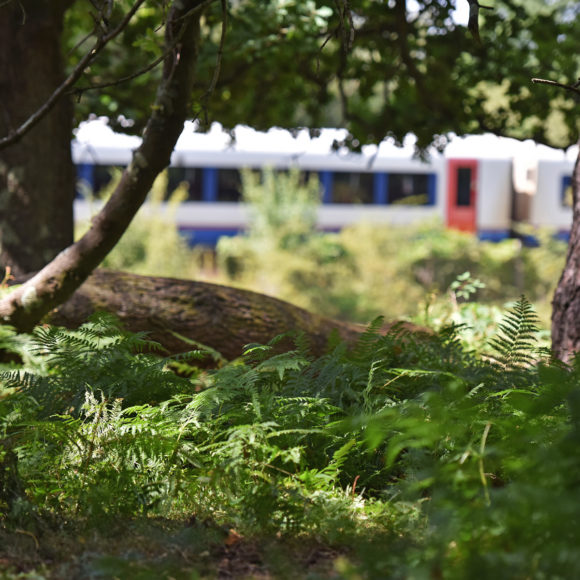
Electric National Parks
The Peak District and Lake District have teamed up with local and national government to access significant funding to address the complex issue of sustainable transport. Work includes:
- Installing the infrastructure so that travel within Parks is purely electric
- Developing integrated transport strategies that help visitors get to Parks in new ways
- Social and behaviour change thinking that will help people adopt new personal strategies.
This is a golden example of how National Parks can be engines for a green recovery to secure the sustainable wellbeing of the UK.
Find out more: Richard.Leafe@lakedistrict.gov.uk
Did you know?
Social Recovery Projects
Social Recovery Projects explore ways to increase the numbers and diversity of people benefiting physically, mentally and socially from accessing nature. This includes creating employment and careers that are sustainable in the long term.
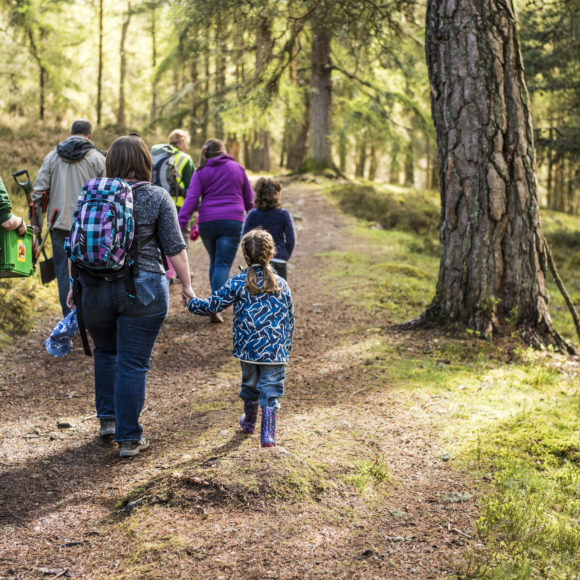
Nature Health Network
Nature connectedness can make a positive impact on both physical and mental health. The scientific evidence for the beneficial, cost effective impact of nature connectedness as part of an effective public health strategy is well established. How to make that work is less well understood.
Four National Parks in the South of England have teamed up with Bournemouth University and Public Health England in the region to create the Nature Health Network to aggregate experience and knowledge of what works. It has over 40 member organisations including charities, NHS commissioning bodies, local government and frontline healthcare teams. A new Fellowship post has been created that will see five healthcare professionals take a one year post within National Parks to advance the scientific evidence of this work in their own personal area of interest and to take that experience back into national Public Health bodies at a senior level.
Find out more: Jim.Mitchell@newforestnpa.go.uk
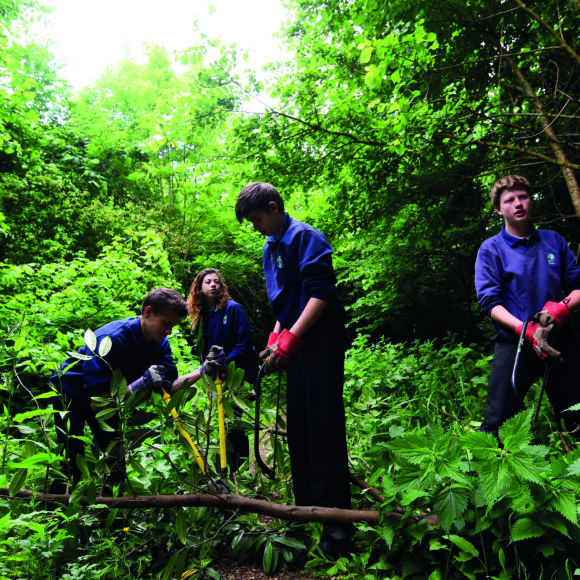
Careers With Nature
A vital part of Green Recovery is giving opportunities for sustainable careers to young people. The National Park Authorities are already contributing to this through youth employment strategies, apprenticeships and internships, not to mention the inspirational work being done with thousands of schoolchildren every year.
As part of the drive for green jobs – National Parks Authorities provided Kickstart opportunities for young people on Universal Credit and at risk of long-term unemployment. National Parks across the United Kingdom work to give young people a positive start and opportunities to look at long term careers within the National Park network. A diverse workforce is key for the future of National Parks, and careers in sustainable sectors are vital for the future of the UK economy.
Find out more: GrantMoir@cairngorms.co.uk
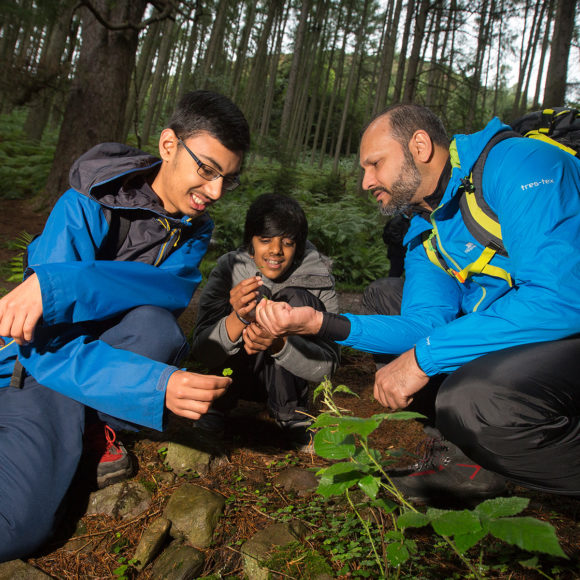
Parks For All
Across the 15 National Parks there are dozens of projects that engage with community programmes and charities to afford access to underrepresented communities. Parks For All is a project to aggregate this experience in order to accelerate an improvement in equality of access to National Parks and to careers looking after them.
These existing projects will act as a model to be rolled out more widely and as a means to gain grant and commercial funding to boost this work. To make sure that it is guided by people that have first-hand, lived experience of relevant issues, Parks For All will bring leaders of community programmes into the project as the key voices informing strategy and delivery. National Parks will also seek commercial partners that have successful track records of creating meaningful change at pace in this area.
Did you know?
Working With Nature
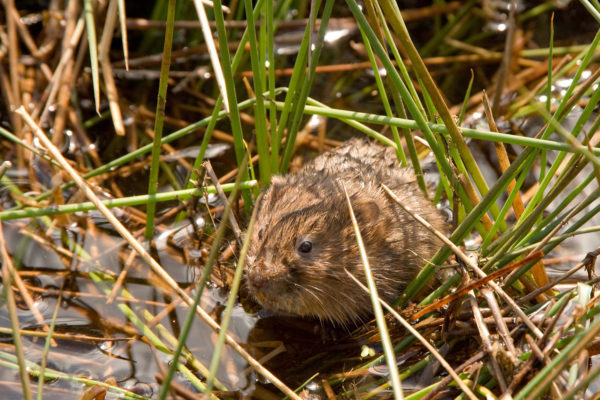
Habitats
Up to 80% of the country’s priority conservation habitats are within National Parks.
